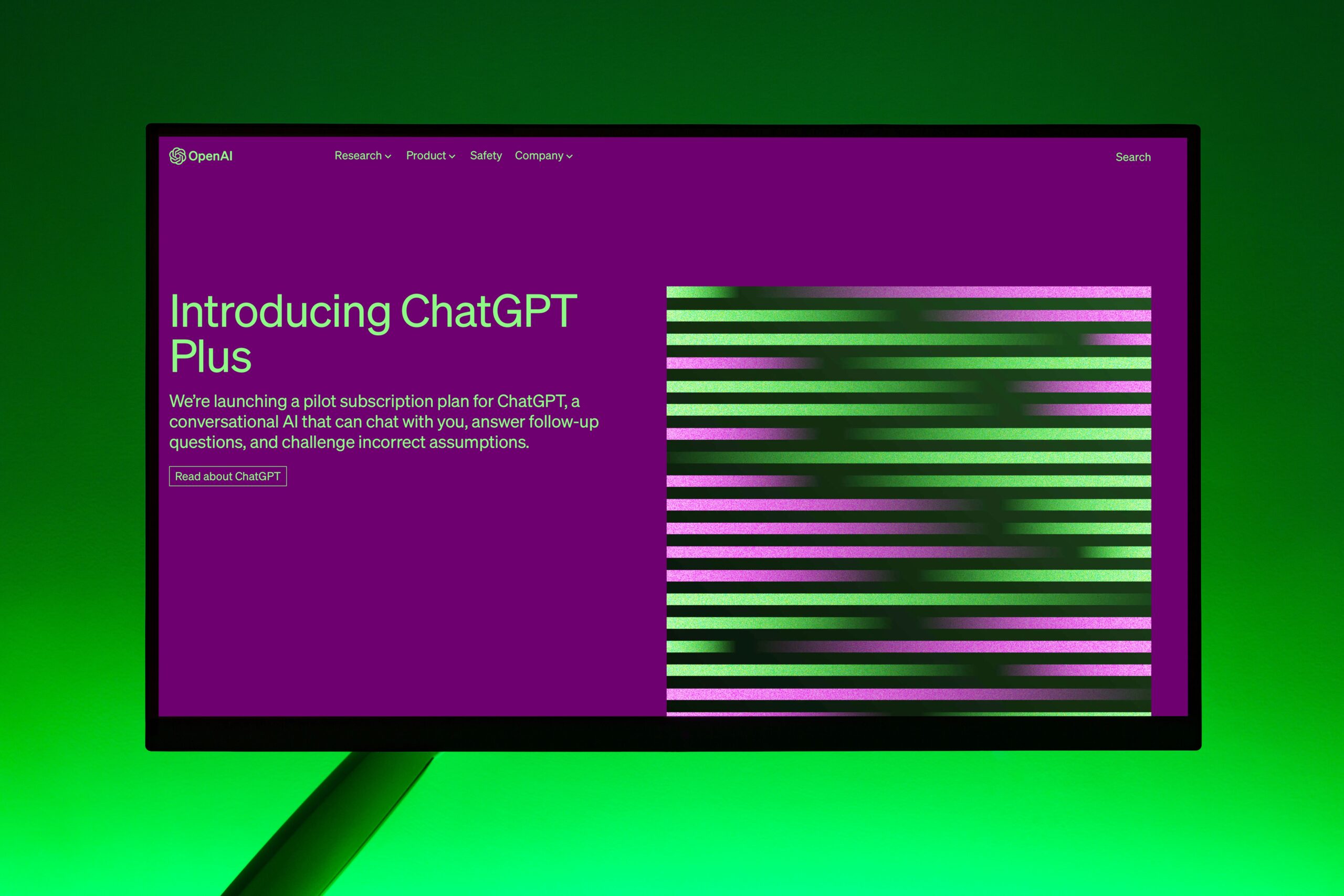The Psychology of Previews: Why Humans Love Sneak Peeks (And How Tech Capitalizes on It)

Introduction
As humans, we have an innate curiosity that drives us to seek out new information and experiences. This curiosity has been harnessed by the tech industry to create a lucrative market for sneak peeks and previews. From movie trailers to product demos, these glimpses into the future capture our attention and leave us eager for more. But why do we love sneak peeks so much, and how do tech companies capitalize on this psychological phenomenon? In this article, we’ll explore the psychology behind our fascination with previews and how tech companies use this knowledge to their advantage.
- The Power of Anticipation
One of the primary reasons humans love sneak peeks is the power of anticipation. When we’re given a glimpse into something new and exciting, our brains release dopamine, a neurotransmitter associated with pleasure and reward. This release of dopamine creates a positive association with the preview and leaves us eager for more.
Tech companies capitalize on this by releasing teaser trailers and product demos that generate excitement and anticipation for upcoming releases. For example, Apple’s annual Worldwide Developers Conference (WWDC) is known for its exciting keynote presentations that showcase new products and software updates. These previews generate buzz and anticipation among consumers, driving sales and creating a loyal customer base.
- The Curiosity Gap
Another psychological factor that contributes to our love of sneak peeks is the curiosity gap. The curiosity gap is the difference between what we know and what we want to know. When we’re given just enough information to pique our interest but not enough to satisfy our curiosity, we become motivated to seek out more information.
Tech companies use this psychological principle to create engaging and shareable content. By teasing out just enough information to intrigue us, they create a curiosity gap that leaves us wanting more. This is evident in the marketing strategies of companies like Google and Tesla, who frequently release cryptic teasers and announcements that generate buzz and speculation among consumers.
- The Illusion of Exclusivity
Humans are social creatures who crave a sense of belonging and inclusion. When we’re given access to exclusive previews and sneak peeks, we feel special and valued. This sense of exclusivity can create a strong emotional connection between consumers and tech companies.
Tech companies capitalize on this by creating exclusive content and experiences for their most loyal customers. For example, video game companies often release limited-edition collector’s editions of their games, which include exclusive in-game content and physical merchandise. These limited-edition releases create a sense of exclusivity and drive consumer demand.
- The Power of Storytelling
Humans are natural storytellers, and we’re drawn to narratives that engage and entertain us. Tech companies use this psychological principle to create engaging previews and trailers that tell a story and evoke an emotional response.
Movie trailers, for example, are designed to tell a compelling story that leaves us wanting more. They often feature dramatic music, fast-paced editing, and intriguing glimpses of the film’s plot and characters. By crafting a compelling narrative, movie studios create an emotional connection with their audience and generate buzz and anticipation for their films.
- The Influence of Social Proof
Social proof is the idea that people are more likely to do something if they see others doing it. When we see our friends and peers sharing and discussing sneak peeks and previews, we’re more likely to engage with that content ourselves.
Tech companies capitalize on this by creating shareable content that encourages social engagement. For example, video game trailers are often designed to be shared on social media platforms like YouTube and Twitter. By creating content that’s easy to share and discuss, tech companies can generate buzz and create a sense of community around their products.
Conclusion
The psychology of previews is a complex and fascinating subject that has been harnessed by the tech industry to create a lucrative market for sneak peeks and previews. By understanding the psychological factors that drive our curiosity and engagement, tech companies can create engaging and shareable content that generates buzz and drives sales. From the power of anticipation to the influence of social proof, the psychology of previews offers valuable insights into human behavior and the power of storytelling.




